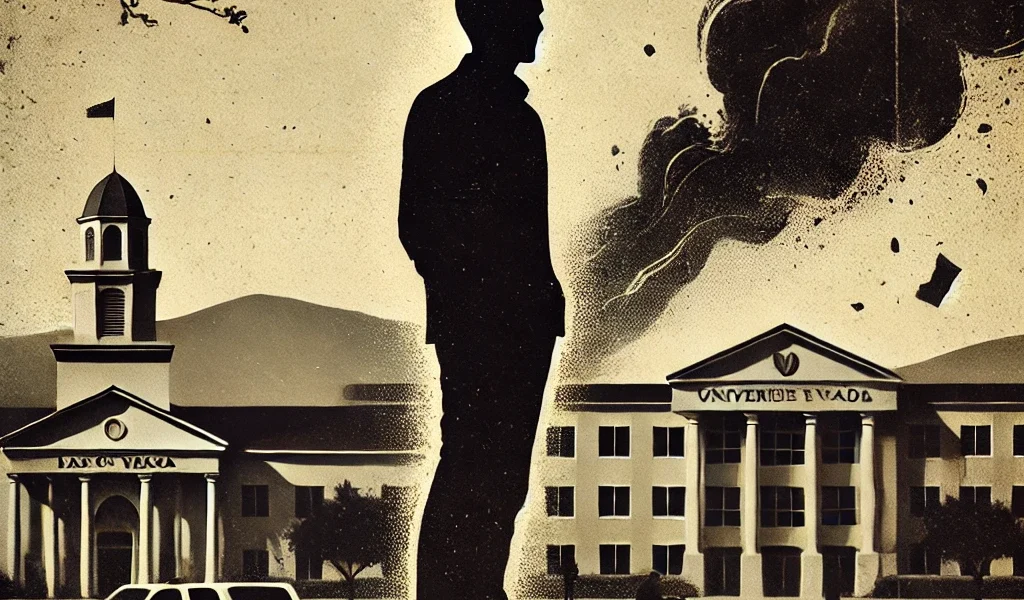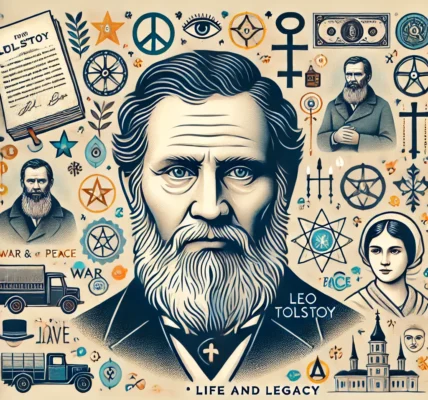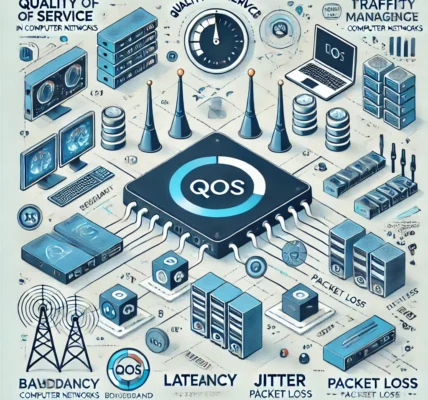The Man Behind the Shooting Spree at the University of Nevada, Las Vegas (UNLV)
The Man Behind the Shooting Spree at the University of Nevada, Las Vegas (UNLV)
On a quiet day at the University of Nevada, Las Vegas (UNLV), what began as an ordinary routine for students and faculty quickly turned into a scene of chaos and fear as a gunman opened fire on the campus, leaving behind a trail of tragedy. The shooting spree that unfolded shocked the local community and gained national attention. This article delves into the background of the man responsible for the attack, the events leading up to the incident, and the broader societal issues highlighted by the tragedy.
The Day of the Shooting
The shooting at UNLV occurred on a day when students were attending classes, and the campus was bustling with its typical activities. It was a typical weekday morning when, without warning, gunfire rang out on campus. Panic ensued as students, faculty, and staff sought safety, many sheltering in classrooms and offices, while others ran to nearby exits. Within moments, emergency services were dispatched, and the university entered lockdown.
The police arrived swiftly on the scene, and after a tense standoff, the gunman was neutralized. Despite the rapid response, lives were lost, and many were left injured or traumatized by the events that had unfolded.
Who Was the Shooter?
In the aftermath of the shooting, law enforcement quickly identified the man behind the spree. The shooter was found to be a former professor with a history of grievances and personal struggles, though the full extent of his motivations would only be pieced together through a thorough investigation.
It was revealed that the gunman, whose name is withheld here out of respect for the victims, had once held a respected academic position but had faced professional setbacks in the years leading up to the shooting. He had previously taught at another university but had grown increasingly isolated and embittered after losing his job. Former colleagues described him as intelligent but troubled, noting that he had expressed feelings of resentment toward the academic world.
Reports indicated that the shooter had been experiencing a deep personal crisis, exacerbated by a perceived loss of purpose and direction. While not initially seen as a direct threat, he had displayed signs of mental instability, which, tragically, went unnoticed or unaddressed.
The Motivations
While it’s always difficult to pinpoint a singular reason behind such acts of violence, authorities and psychologists often look for patterns of behavior, history, and motivation in the weeks and months preceding the incident. For the shooter at UNLV, it appeared that a combination of personal grievances, professional failures, and mental health issues contributed to his eventual breakdown.
Investigations revealed that the shooter had expressed anger toward the university system and felt that he had been unfairly treated by the academic institutions he had worked with. His writings and online posts showed a growing sense of alienation and resentment toward the world of higher education. He had also experienced financial difficulties, and there were signs that his mental health had deteriorated, though he had not sought treatment.
What seemed to be a growing disillusionment with his career and life culminated in the violent actions at UNLV, where the shooter targeted the very type of institution that had once been part of his life.
The Tragic Toll
The shooting at UNLV resulted in multiple fatalities and injuries, leaving a community devastated by the loss of life and the trauma inflicted on survivors. The victims included students and faculty members, many of whom were simply going about their daily activities when the shooter entered their lives.
In the aftermath, the university and the city of Las Vegas came together to mourn the victims, offering support to those affected by the tragedy. Vigils were held, and moments of silence were observed as the community sought to make sense of what had happened.
For many, the shock of such violence on a university campus—a place of learning and growth—was particularly jarring. UNLV, like many other institutions across the U.S., had long maintained safety protocols for emergencies, but even these precautions couldn’t fully prevent the tragedy from unfolding.
Broader Implications and Issues
As with many mass shootings, the tragedy at UNLV reignited debates over gun control, mental health, and campus safety. The shooter’s ability to access firearms despite his mental health struggles raised questions about existing gun laws and the availability of weapons to individuals who may pose a danger to themselves or others.
The incident also shined a light on the pressures within the academic world, where competition, job insecurity, and professional failure can take a toll on individuals. Though most people do not respond with violence, the shooting raised awareness of the need for better support systems for individuals struggling with career setbacks and mental health issues in academic environments.
Mental health professionals emphasized the importance of recognizing warning signs of distress in colleagues, friends, or family members. In many cases, interventions—whether through counseling, support networks, or even informal conversations—can help prevent individuals from descending into a state of despair.
The Path Forward
In the wake of the UNLV shooting, there has been a renewed focus on preventing similar incidents from occurring in the future. Universities across the country have reviewed their security measures, mental health resources, and crisis intervention strategies. The tragedy also serves as a reminder of the importance of addressing mental health concerns proactively and the role that communities can play in supporting individuals before they reach a breaking point.
For the survivors, the road to healing is long and difficult, but the outpouring of support from the local community and beyond has provided some solace. As UNLV and the Las Vegas community continue to recover, the memory of those lost in the shooting remains a stark reminder of the need for greater attention to mental health, gun control, and safety on campuses.
Conclusion
The shooting spree at the University of Nevada, Las Vegas, was a senseless act of violence that left a lasting scar on the university and its surrounding community. While we may never fully understand what drove the gunman to such extreme actions, it is clear that a combination of personal, professional, and mental health struggles played a significant role. In the aftermath, the tragedy has sparked important conversations about gun laws, mental health care, and the pressures that individuals face in high-stress environments like academia.
As we remember the victims and honor their lives, it is vital that society continues to address these issues in a meaningful way to prevent future tragedies and build a safer, more compassionate world.




